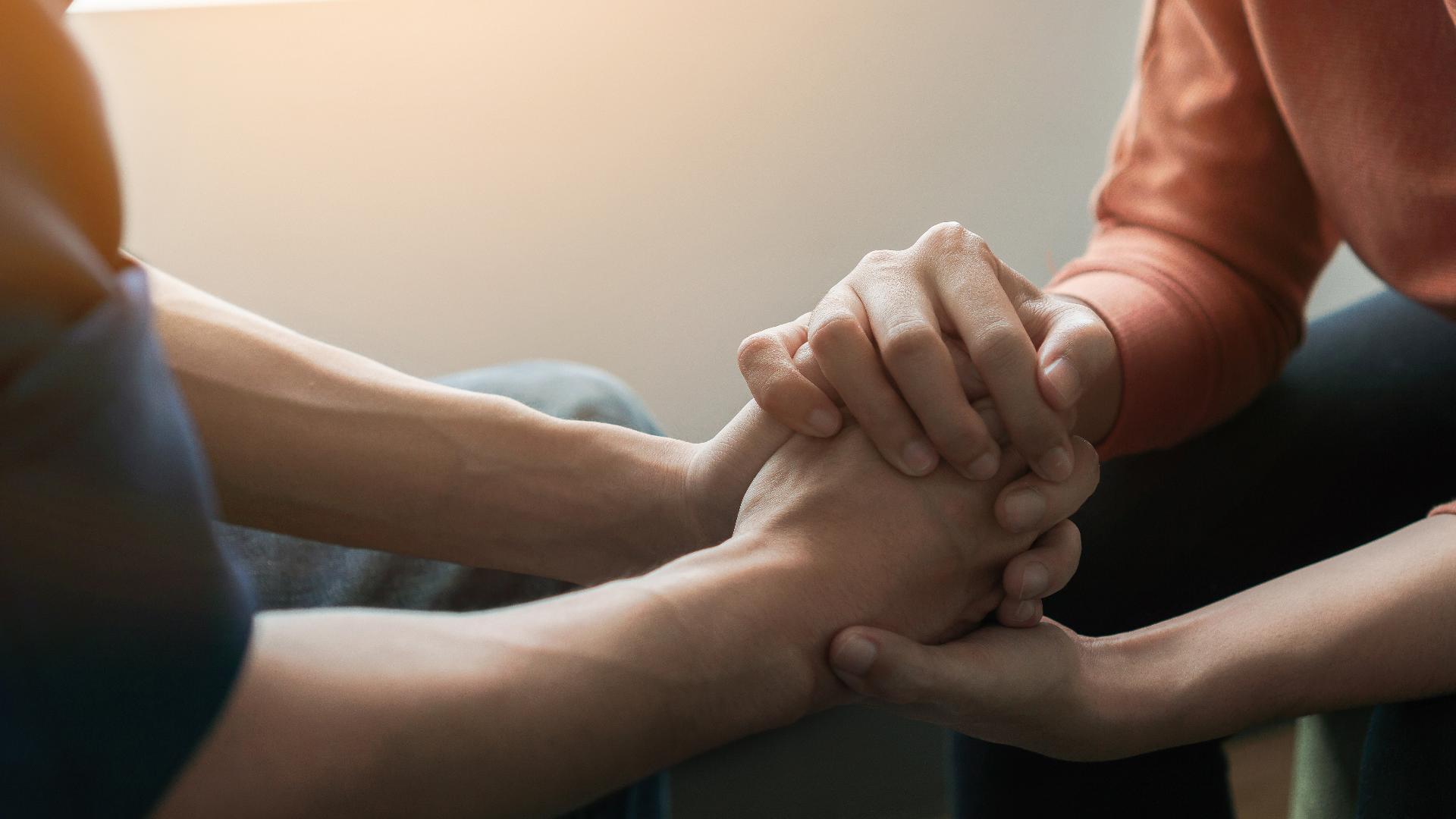DES MOINES, Iowa — Some signs of mental health issues are obvious, but others may be hidden beneath the service. Spotting mental health symptoms in children can be even more difficult, as guardians have to navigate what may be growing pains or more serious issues, like depression or anxiety.
According to the National Organization of Mental Illness, one out of five children in Iowa struggle with mental health. Local 5 spoke with two central Iowa organizations who are working to ensure kids have a safe space.
In Des Moines sits the campus of Orchard Place, a mental health organization, where resource provider Isabella North and her team offer mental health help to children and their families.
"We do everything from outpatient services, to some in home services," North said. "Also, we have a residential facility."
Since the pandemic, Orchard Place has seen an increase in kids with mental health struggles. Specifically, a big area of concern is the effects of social media on kids which can normalize unhealthy behaviors like thoughts of self harm.
"If a youth is looking up more of the thoughts of like, 'Is it normal, that I have these thoughts?' then naturally, TikTok, Instagram, all of those things are going to start having a lot more of those videos popping up," North said.
At Big Brothers Big Sisters of Central Iowa, CEO Bridget Cravens-Neeley works with volunteers and community champions to support the well-being of children. She said her team has seen more kids shutting themselves off from deep connections.
"Our bigs are seeing that some of our youth, especially our girls, are becoming more aloof, meaning that they're maybe not connecting as strongly as they may have, depending when they their match was formed," she told Local 5.
The Iowa Department of Education finds 50% of all lifetime cases of mental illness begin by the age 14. That particular age group is a target area for BBBSCI's "I Am Enough" program, which aims to uplift young girls.
"Our original purpose was around teaching young girls ages 9 through 16, because those are those formative years about self love, self empowerment, self respect and self worth, " Cravens-Neeley said.
North understands it may be hard for parents to recognize which actions are a display of growing pains and which are revealing bigger mental health concerns. Her advice is to ask for a hand from those closest to your child.
"Really just being proactive, and even getting assessments done by different professionals, talking to teachers, talking to school counselors and really just using those resources to see what everyone else is seeing too," North said.

